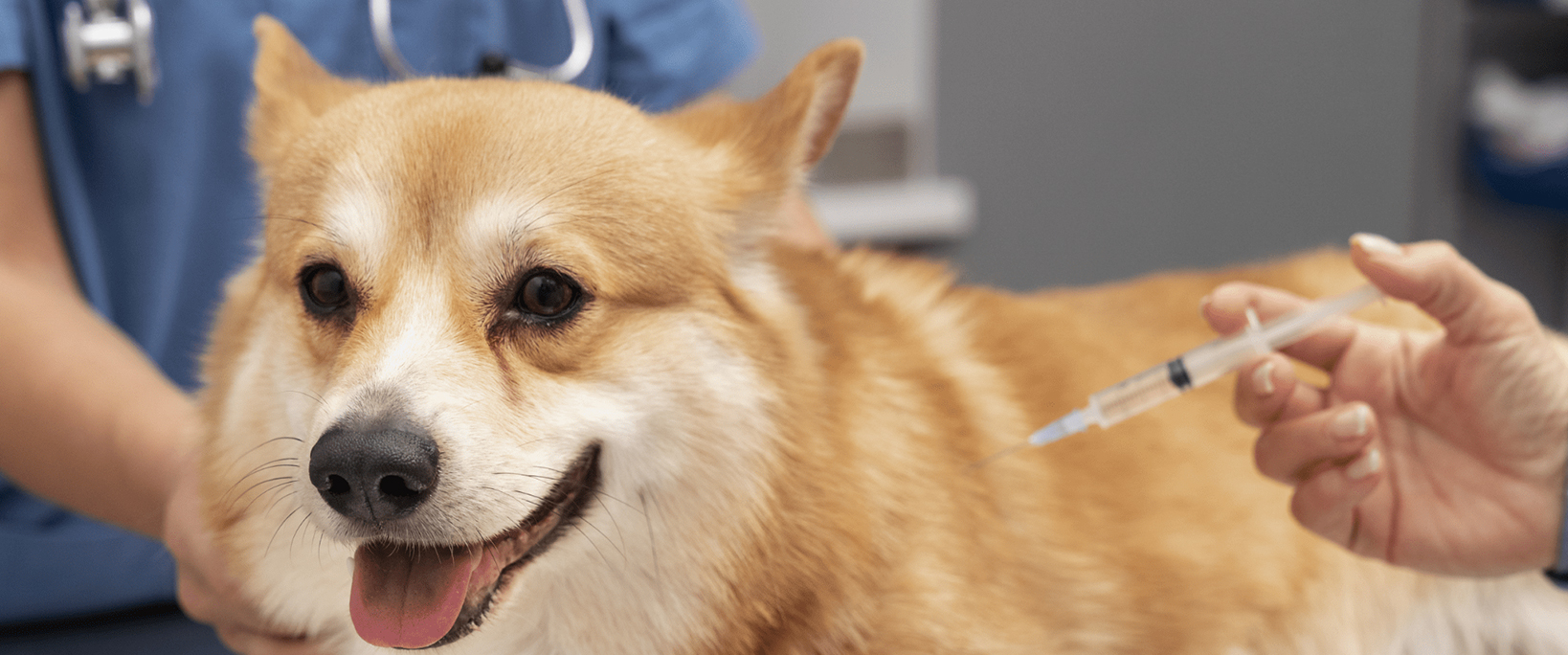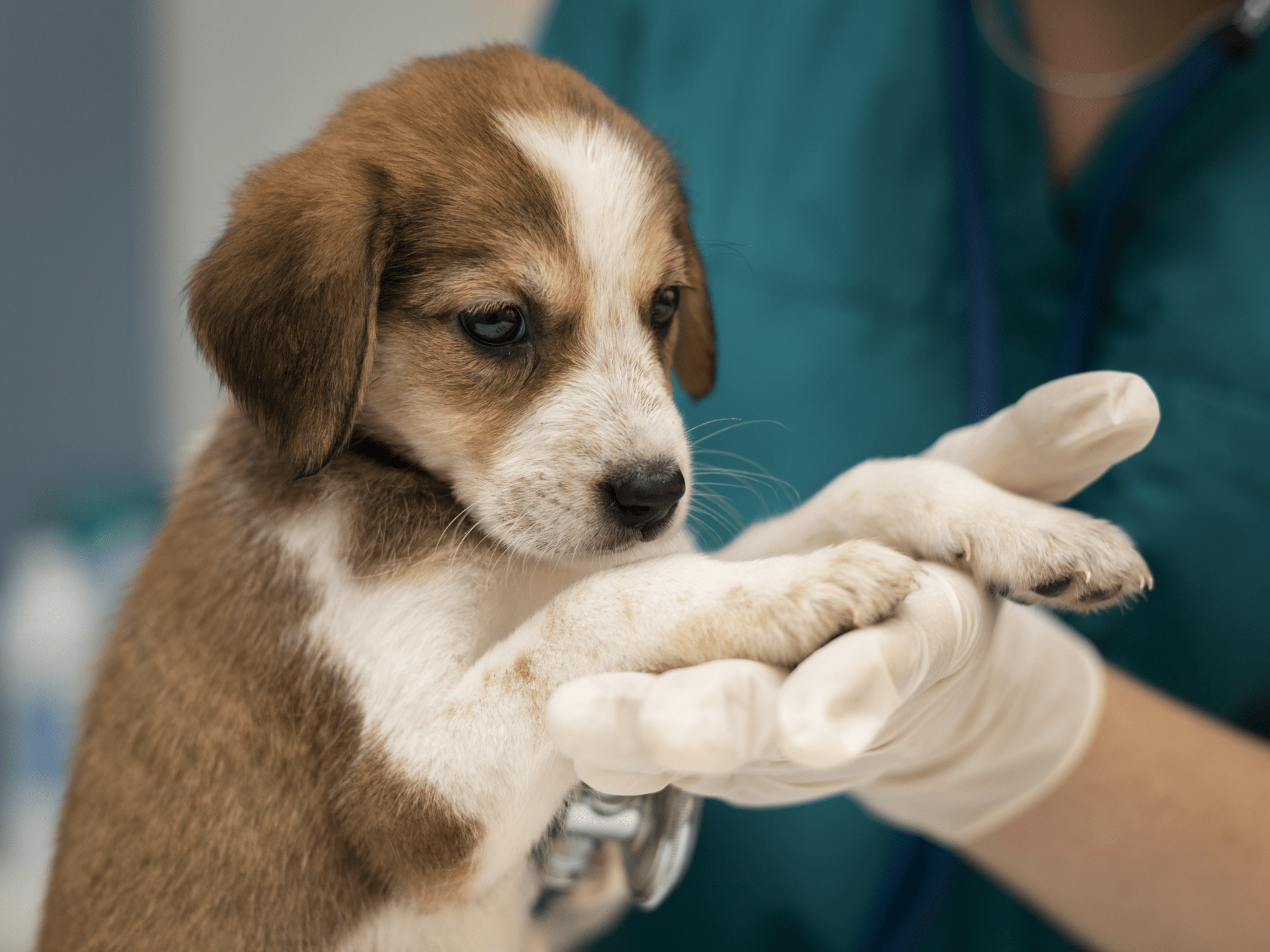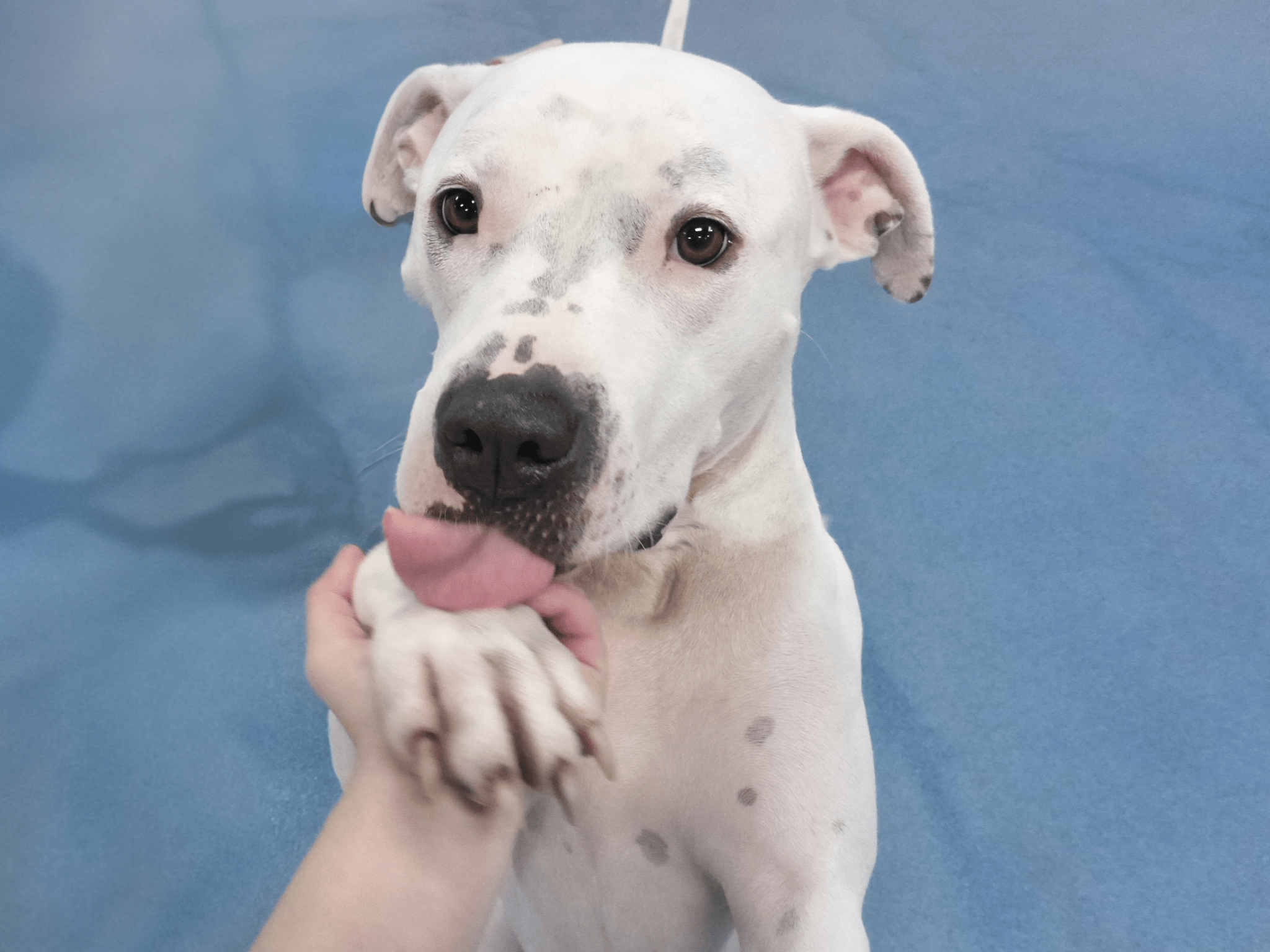Are Dog Vaccinations Really Necessary?

Vaccinations play an essential role in protecting your furry friend from various diseases and enhancing their overall health.
Perhaps you’ve read news stories or social media posts about dog vaccination side effects. Maybe a dog belonging to a friend of yours had a bad reaction to their jabs.
It’s reasonable to wonder if dog vaccinations are really necessary. The short answer is: yes, but you may need convincing further.
So let’s dive deeper into the world of canine vaccinations and understand their importance.
Understanding the Importance of Vaccinations
Vaccinations, much like in humans, serve as a shield for dogs against many contagious diseases.
They function by introducing a safe form of the disease-causing germ to your dog’s immune system. This primes the immune system to recognize and combat the real thing if ever exposed.
By vaccinating your dog, you’re essentially equipping their body with the tools it needs to fight off these diseases.
Beyond individual protection, vaccines contribute to herd immunity.
This concept means that when a significant portion of a population is vaccinated, it reduces the spread of disease, protecting even those who are unvaccinated.
This is vital for the vulnerable among us – or in this case, among dogs. Learn more here.
Common Canine Diseases Prevented by Vaccinations

When we ask ourselves which dog vaccines are absolutely necessary, we need to understand the diseases they prevent. Here’s a quick look at some of them:
- Parvovirus: This is a highly contagious viral illness that affects dogs, particularly puppies. It can lead to severe dehydration and can be fatal if untreated.
- Distemper: A virus that affects the respiratory, gastrointestinal, and nervous systems. It’s fatal in half of the cases.
- Rabies: Transmitted through bites, it affects the central nervous system. Rabies is fatal once symptoms appear but is 100% preventable through vaccination.
Each of these diseases causes severe distress, pain, and in many instances, death. But thanks to vaccines, we can shield our pets from these grim possibilities.
Benefits of Preventive Healthcare
Prevention is always better than cure. By investing in preventive measures like vaccinations, you’re:
1. Reducing the Risk of Serious Illness
Your dog stays healthy, avoiding diseases that are emotionally and financially draining to manage. It spares both you and your canine companion from potential suffering.
2. Promoting Longevity and Vitality
Vaccines bolster your dog’s immune defenses, leading to enhanced vitality and a longer, happier life.
3. Building Stronger Bonds and Trust
Consistent care shows your dog that you’re on their side. With fewer vet visits due to preventable diseases, your dog’s trust in you deepens, reinforcing your bond.
It’s all about being a responsible pet owner who puts their pet’s well-being first.
Want to give your dog the best? Explore our daycare services.
Vaccination Schedules and Boosters
 Puppyhood is a critical period for vaccinations.
Puppyhood is a critical period for vaccinations.
Usually starting at 6-8 weeks, puppies typically receive a series of vaccines spread over several months. As they grow, regular booster shots ensure continued immunity.
However, concerns about over-vaccination are valid. Have an open discussion with your veterinarian about tailoring the vaccination plan to your dog’s needs.
Consulting Your Veterinarian
Veterinarians play an invaluable role in guiding pet owners about vaccinations.
They help design vaccination schedules tailored to individual dogs, taking into account factors like age, breed, health, and lifestyle.
If you’re in doubt about what vaccines are necessary for dogs or have concerns about specific vaccines, always reach out to your vet.
Here’s why your dog wants to stay at 24 Hour Dog Daycare!
Balancing Risks and Benefits

Like any medical intervention, vaccines have side effects. Most are mild and short-lived. It’s crucial to compare the minor risks of vaccination to the major risks of deadly diseases.
Severe adverse reactions are rare, but it’s always wise to observe your dog after vaccination and report any unusual behavior to your vet.
24 Hour Dog Daycare has raised the bar when it comes to being there for our clients. Your dog is our 24/7 commitment.
Legal and Public Health Considerations
In many places, certain vaccinations (like rabies) are not just health measures but legal requirements.
Vaccinating your dog protects them and also serves the broader community by preventing potential outbreaks.
Alternative Approaches and Titer Testing

Titer testing is becoming increasingly popular.
It measures the levels of specific antibodies in the blood, indicating immunity.
Exploring Titer Testing as an Option
It helps assess whether a dog still has immunity from previous vaccinations.
If antibody levels are sufficient, revaccination might not be needed immediately.
When Titer Testing Might Be Appropriate
For dogs with a history of vaccine reactions or older dogs, titer testing is invaluable. It helps in making informed decisions without over-vaccinating.
For instance:
- Dogs with Vaccine Reactions: Some dogs might have experienced adverse reactions to vaccinations in the past. For these sensitive canines, titer testing is a safer way to gauge immunity without exposing them to the risk of another potential reaction.
- Senior Dogs: As dogs age, their healthcare needs change. Older dogs, who’ve had their fair share of vaccinations throughout their lives, might benefit from titer tests to avoid over-vaccination and reduce the risk of vaccine-associated complications.
- Uncertain Vaccination Histories: For dogs with unknown vaccination records (often the case with rescues), titer tests help determine their immunity status, assisting vets in creating the ideal vaccination plan.
Balancing Titer Testing and Traditional Vaccination
While titer testing offers insights, it’s not a replacement for all vaccines. Work with your veterinarian to determine the best approach for your pet.
Got more questions? Check our FAQ.
Making Informed Decisions for Your Dog
 Empower yourself with knowledge. Open dialogue with your veterinarian and research to make educated choices for your dog’s vaccinations.
Empower yourself with knowledge. Open dialogue with your veterinarian and research to make educated choices for your dog’s vaccinations.
Your dog’s health should always be the priority, but it’s equally essential to be mindful of the broader canine community’s wellness.
Bottom Line on Dog Vaccinations
In the grand scheme of things, vaccinations are indispensable. They safeguard our dogs from severe diseases, enhance their quality of life, and promote responsible pet ownership. It’s all about striking the right balance and always keeping your pet’s best interests at heart.
Looking for more support? Reach out to us directly.
Or, discover our daycare services for your furry companion.
FAQs
What happens if I miss a booster shot?
Missing a booster shot can leave your dog vulnerable to diseases. Booster shots are designed to “boost” the immune system’s response to certain pathogens, ensuring that the immunity remains strong. If you realize you’ve missed a booster appointment, it’s essential to reschedule as soon as possible. There may be a brief window where your dog is still adequately protected, but over time that protection fades. Your veterinarian might recommend restarting the vaccination series in some cases, but usually, it’s about getting back on track with the next dose.
Are there natural alternatives to vaccines?
The idea of natural immunity and protection is appealing to many pet owners. While some natural remedies and supplements claim to boost the immune system, none have been proven to replace the effectiveness of vaccines. Vaccines undergo rigorous testing and are scientifically proven to provide specific protection against certain diseases. It’s always important to discuss any alternative treatments or supplements with your veterinarian to ensure they’re safe and appropriate for your dog.
My dog had a reaction to a vaccine. What now?
Any adverse reaction should be reported to your vet immediately. Vaccine reactions can range from mild (slight fever, lethargy) to severe (allergic reactions, swelling). Your vet will help you understand the severity of the reaction and advise on future vaccination strategies. They might suggest splitting vaccines, using different vaccine brands, or pre-treating with antihistamines in future appointments. The key is open communication with your vet to ensure your dog remains protected while minimizing risks.
Can adult dogs be vaccinated if they missed their puppy shots?
Absolutely! While early vaccinations provide young puppies with protection during their most vulnerable period, it’s never too late to start a vaccination regimen. Adult dogs who missed their puppy shots or whose vaccination history is unknown can be given “catch-up” vaccinations. Your veterinarian will design a vaccination schedule tailored to your adult dog’s needs to ensure they receive the protection they need.
How often should titer tests be done?
Titer testing measures the levels of specific antibodies in your dog’s blood, indicating their immunity to certain diseases. The frequency of titer testing varies based on your dog’s health, age, lifestyle, and the specific disease in question. For some diseases, yearly testing might be appropriate, while for others, every 2-3 years might suffice. Collaborate with your veterinarian to determine an appropriate testing frequency that aligns with your dog’s risk factors and lifestyle. Remember, titer testing is a tool, not a replacement for the valuable guidance of your veterinarian.


